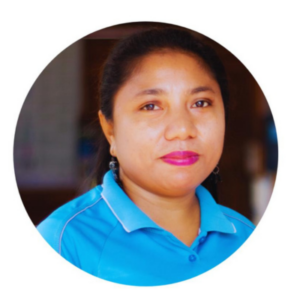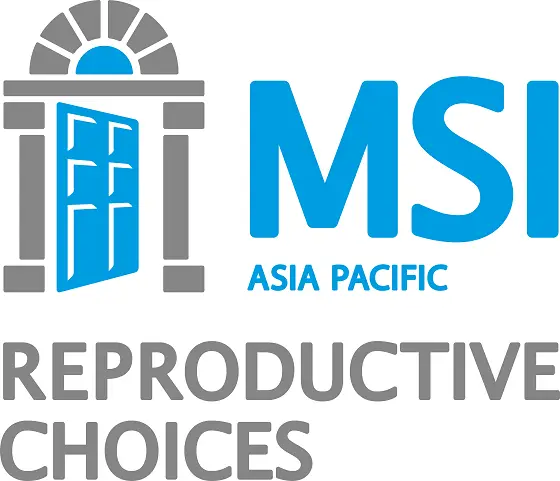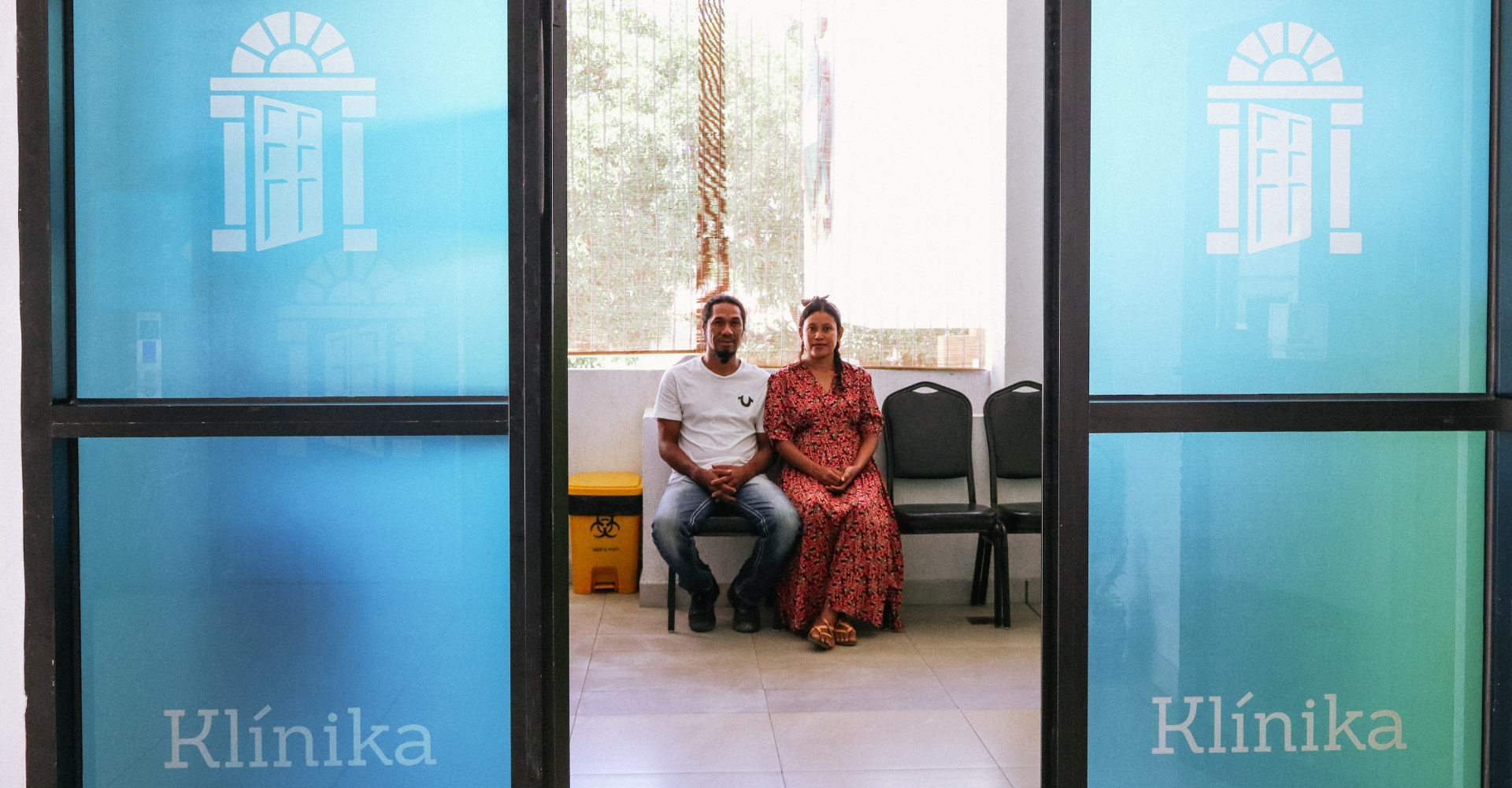Mana Zita leads MSI Timor-Leste's work in gender equality and social inclusion.

Reflecting on her time with MSI, she shares more about how and why MSI is creating a more inclusive culture, from the inside out.
We have this saying in Timor Leste—Ema kontinua moris ba nafatin—which roughly translates to ‘The person lives on’. I believe every single person who encounters MSI lives on… and can create a future they want.
I started working at MSI when I was 23—about 15 years ago now—and I have learned so much.
Inclusive reproductive healthcare
When we host community information sessions on reproductive healthcare, I meet all kinds of people: people with disabilities, people who can’t hear or see, people with different sexualities, people who need information shared in a different way. These groups are vulnerable in Timor Leste, and around the world. They face discrimination and have less access to information and services.
My role is addressing their unique needs and partnering with organisations and the government to build more inclusive sexual health. We must be thinking about inclusivity when we’re providing services. If we don’t, people are left behind and we move even further towards an unequal, unjust world—one that I wouldn’t be proud to be a part of.
MSI’s inclusion and equality work spans many projects and initiatives. After all, education and culture are woven throughout every aspect of our communities and lives.
Engaging the men of the community
Last year, we also hosted successful male engagement sessions. To be frank, it’s difficult to make headway without getting men on board. Otherwise, we see women who access contraception then remove or stop using it because of unsupportive men in their life.
We partner with other local organisations to host male-only sessions about topics relevant to them, including a component on sexual and reproductive health and rights. We make men aware of its importance and how they can support women’s rights and decision-making.
I personally see the shifts, and I’m glad of this progress, as my 9-year-old son will grow up in a different environment and will support the women around him.
The future will have more choice
This culture-shifting and system-changing work is slow. But looking at how far we’ve come even since I’ve been with MSI, and seeing young people’s attitudes now, I know that this work is multiplying, cascading, progressing.
One day, every single one of us will have the reproductive choice we deserve.

